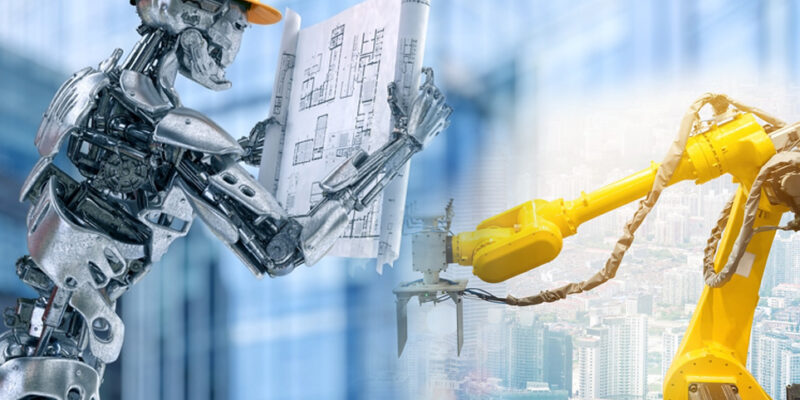The construction industry is no stranger to hard work and meticulous attention to detail. From managing complex projects to handling a deluge of paperwork, the administrative side of construction can be overwhelming. Fortunately, artificial intelligence (AI) is here to reshape the way we handle clerical tasks in this dynamic field. In this blog post, we’ll explore how AI is revolutionizing the construction industry by automating routine administrative duties and unleashing newfound efficiency.
- Data Entry and Validation: In construction, precise data management is paramount. AI-powered software can swiftly and accurately input data from various sources such as blueprints, invoices, and inspection reports into project databases. It can also validate data, flagging discrepancies and errors for human review. This not only reduces the risk of costly mistakes but also streamlines the paperwork process.
- Email Management: Communication is vital in construction, and email inboxes can quickly become inundated with project updates, contracts, and correspondence. AI-driven email management tools can categorize and prioritize emails, ensuring that important project-related messages are promptly addressed. This means project managers can spend less time sifting through emails and more time overseeing construction operations.
- Document Summarization and Extraction: The construction industry often deals with large and complex documents, such as project specifications and technical manuals. AI can read and analyze these documents, providing concise summaries that help construction professionals quickly understand critical information. Furthermore, AI can extract specific data points, such as safety regulations or materials specifications, reducing the time spent searching through lengthy documents.
- Appointment Scheduling: Managing construction project timelines and appointments is a challenging task. AI-powered virtual assistants and chatbots can efficiently handle appointment scheduling, coordinating meetings with subcontractors, suppliers, and stakeholders. This eliminates scheduling conflicts and ensures that everyone is on the same page.
- Customer Support and Chatbots: AI-driven chatbots can enhance customer support for construction companies. They can answer frequently asked questions, guide clients through project progress, and provide real-time updates. This 24/7 support not only improves client satisfaction but also frees up administrative staff to focus on other critical tasks.
While AI is making significant inroads in the construction industry, it’s essential to maintain a balance between automation and human expertise, especially when dealing with intricate construction projects. Integrating AI into clerical workflows empowers construction professionals to work more efficiently and accurately, allowing them to concentrate on project management, safety compliance, and quality assurance. As the construction industry continues to evolve, the fusion of human skill and AI-driven automation promises a brighter future marked by increased productivity and innovation.

